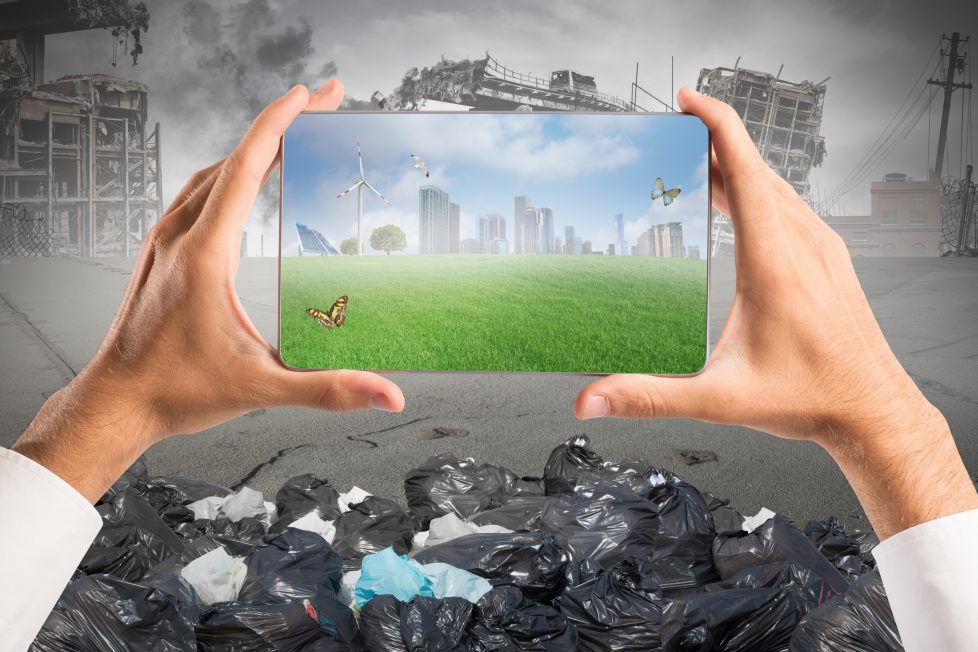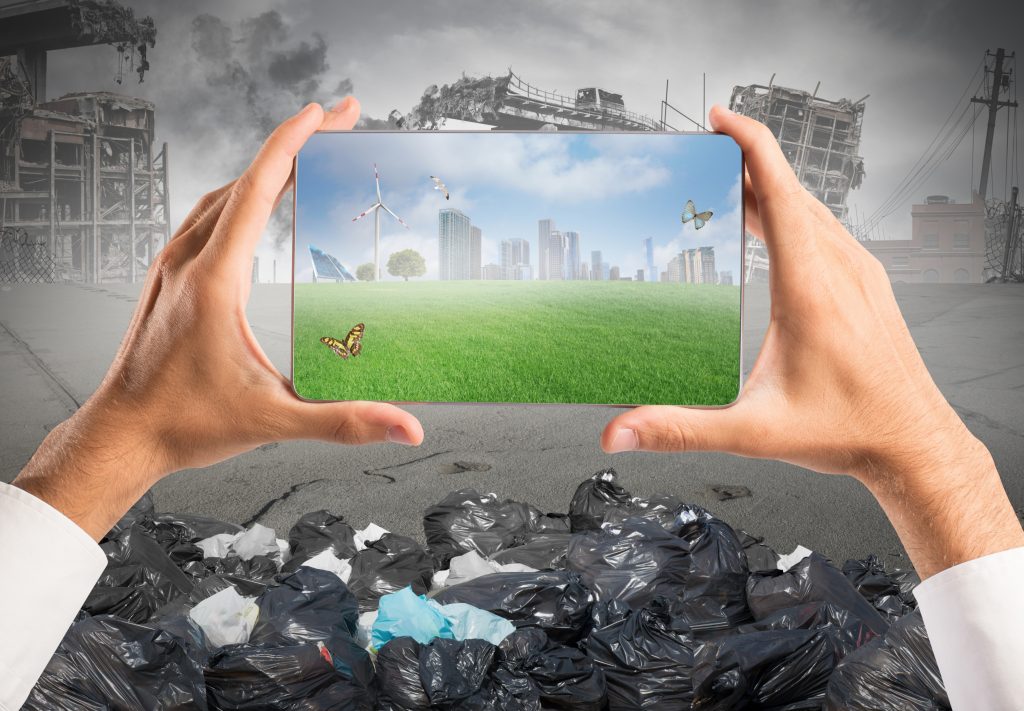Top Future Recycling and Waste Management Trends

The eco-movement has been growing in the recent past. From eco-friendly urban housing and cardboard bicycles to the advent of recycling, new developments and innovations are improving recycling efforts and sustainability ventures. To understand the future of waste management and recycling, read about the trends we are likely to experience over the next few years:
It is common knowledge that plastic takes years to degrade, which still causes environmental degradation. Plastic is also hazardous to wildlife and ecosystems. This is why a number of cities have started imposing bans on plastic.
In particular, Styrofoam has been broadly discussed. There are now bans on food packaging created using polystyrene foam in many countries. Although this packaging is durable and cost-effective, it seeps styrene compounds into groundwater and the earth.
In the future, therefore, we are likely to see more bans on plastic products – such as bottles, shopping bags and Styrofoam. Hopefully, these bans will phase-out these pervasive and unsustainable products.

Companies are now transitioning from paper records to digital ones. The backlogs of physical paperwork generate considerable waste. In the future, it is likely that more firms, government entities, and industries will shift from paper to digital.
The demand for biodegradable plastic resins is growing by the day. Plant derived resins, like polylactic acid, are now being introduced into a variety of industries and markets. Possible applications of bio-based resins include electrical components, clothing and car parts. It is highly likely that more of these resins will be used in the future as an alternative to regular plastic.
Most food waste finds its way to a landfill. However, very few of it is turned into compost material for municipal and personal use. Today, a number of municipalities across Australia are instituting organic material composting programmes. Some have even made it mandatory. Hopefully, this increased interest in waste composting will continue growing in the future.
Inventions and innovations, like BigBelly, are widely recognised as the hallmarks of the future. These innovations will shape the sustainability movement over the next few years. They redefine the possibilities of sustainability, and we are likely to witness more revelations evolving at faster rates in the future.
3-D printing is opening up doors to faster, affordable, and more effective manufacturing. From mass production to commercial use and even down to private and personal use, this printing technology is evolving. In the future, people will even be able to build homes using 3-D printers.
Of course, the main disadvantage with this technology is that it will increase our dependence on plastic. However, if people use grinded-up plastic from the environment to print products, it is likely that the environmental impact might be reduced. Anyhow, the technology has many positive applications and will be beneficial if we only used sustainably-sourced raw materials.
Budding eco-technology has seen biodegradable waste being turned into sustainable bio-energy. Anaerobic digestion, for instance, is a clear indication that there are better things to come.
Cigarette smoking produces great waste. However, people still keep on smoking – despite the warnings and the associated health impacts of the habit. Currently, cigarette waste recycling programs are being set up to recycle the butts and filters. The paper and tobacco gets composted while the filters are turned into industrial plastic products (such as shipping pallets). It is highly likely that more municipalities and people will join this bandwagon to clear the environment of the tons of waste created by smokers.
More businesses and companies are now taking responsibility for their action. The age of consciousness is upon us and firms are increasingly their waste recycling efforts. Others have already rolled out elaborate sustainability plans to reduce industrial waste and increase supply line efficiency. More likely than not, the future will see consumers demanding for social responsibility and environmental consciousness on the part of the corporate world.
Most of the extremely toxic e-waste generated is dumped in electronic mass – graves. Although various international organisations are fighting to control e-waste and enforce its management and disposal, the problem continues growing. To counter this, we are likely to see more discussions about e-waste and the generation of solutions to deal with it.
